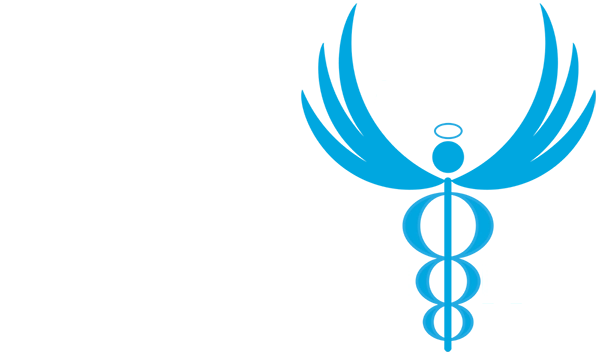Innovation
Always Up-to-Date Medical Services
The Health Wagon has a rich history of finding unique ways to provide much-needed health care to the uninsured and underserved residents of Southwest Virginia. Today, we continue to innovate ways to ensure these patients always have access to the most up-to-date medical services possible through the use of mobile health units, telehealth services, and drone delivery of medication.
Taking Health Care Where It’s Needed Most
As the oldest mobile clinic in the nation, and from its humble beginnings as a one-vehicle mobile health clinic, today’s Health Wagon includes five state-of-the-art vans and three stationary clinics.
The free care we offer, including primary, specialty, dental, and vision services, allows the medically underserved residents of our region to experience a better quality of life. Every year, thousands of patients receive free health care at over a dozen sites in Southwest Virginia as our mobile clinics travel the region every week.
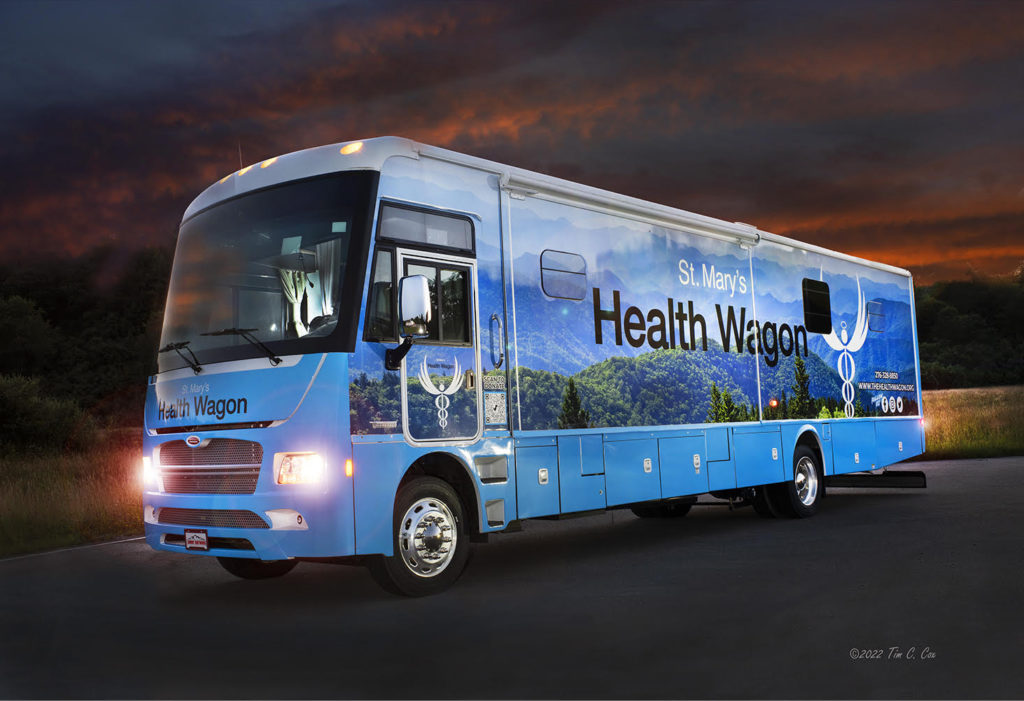
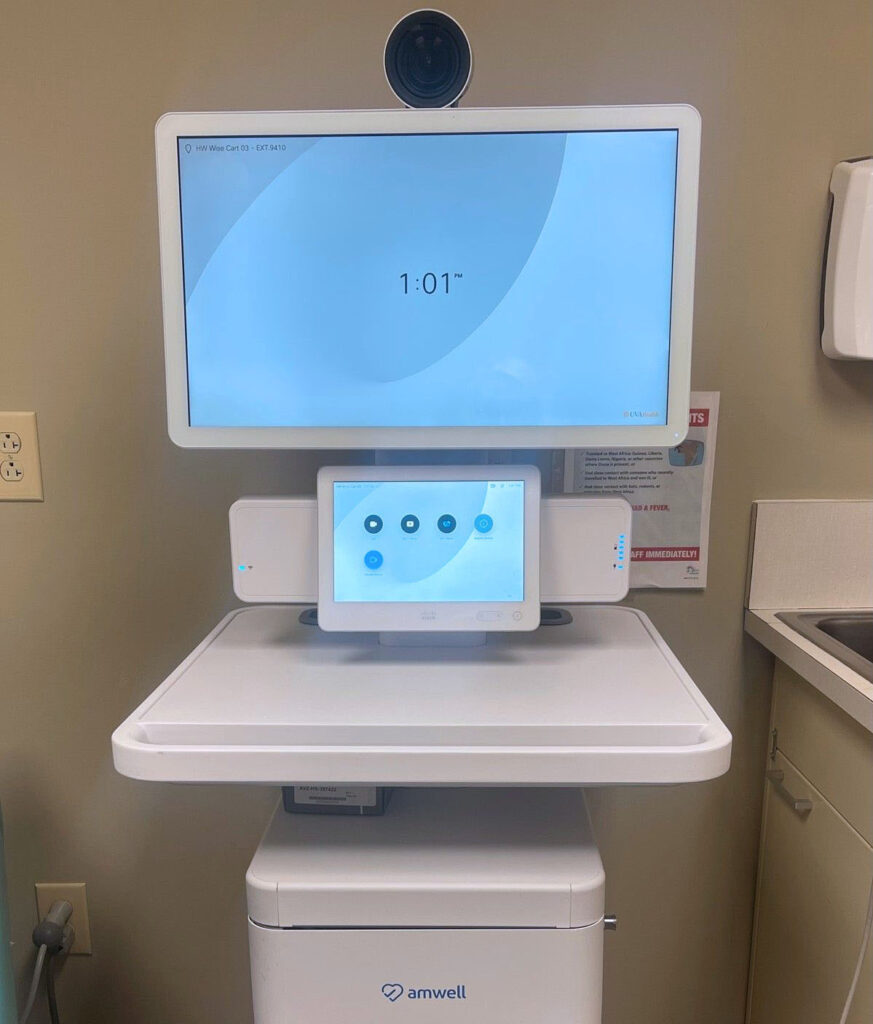
Innovation is in Our Blood
As the largest user of telehealth services in Virginia, the Health Wagon provides dozens of services to patients who may not otherwise be able to access them. Utilizing an advanced computer system and broadband telecommunications, we can offer lower-cost care that’s convenient to residents of rural areas.
Made possible in part by a $1 million grant from the United Health Foundation, the Health Wagon’s telehealth services help provide early detection and treatment of prevalent health concerns like coronary artery disease and ovarian cancer.
First Telecystoscopies in the World
Often, residents of rural areas such as those in Southwest Virginia are unable to travel for a cystoscopy, the procedure needed to screen for bladder cancer. In 2017, Health Wagon nurse practitioners performed the first telecystoscopies in the world on Health Wagon patients, assisted by Dr. Tracey Krupski, a urologist from the University of Virginia.
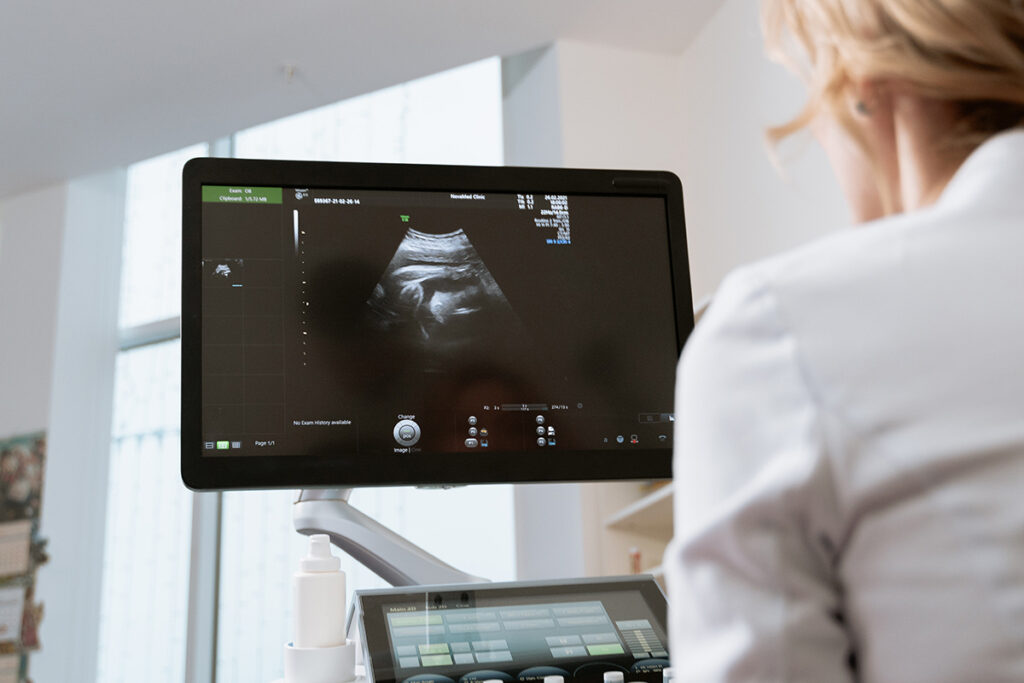
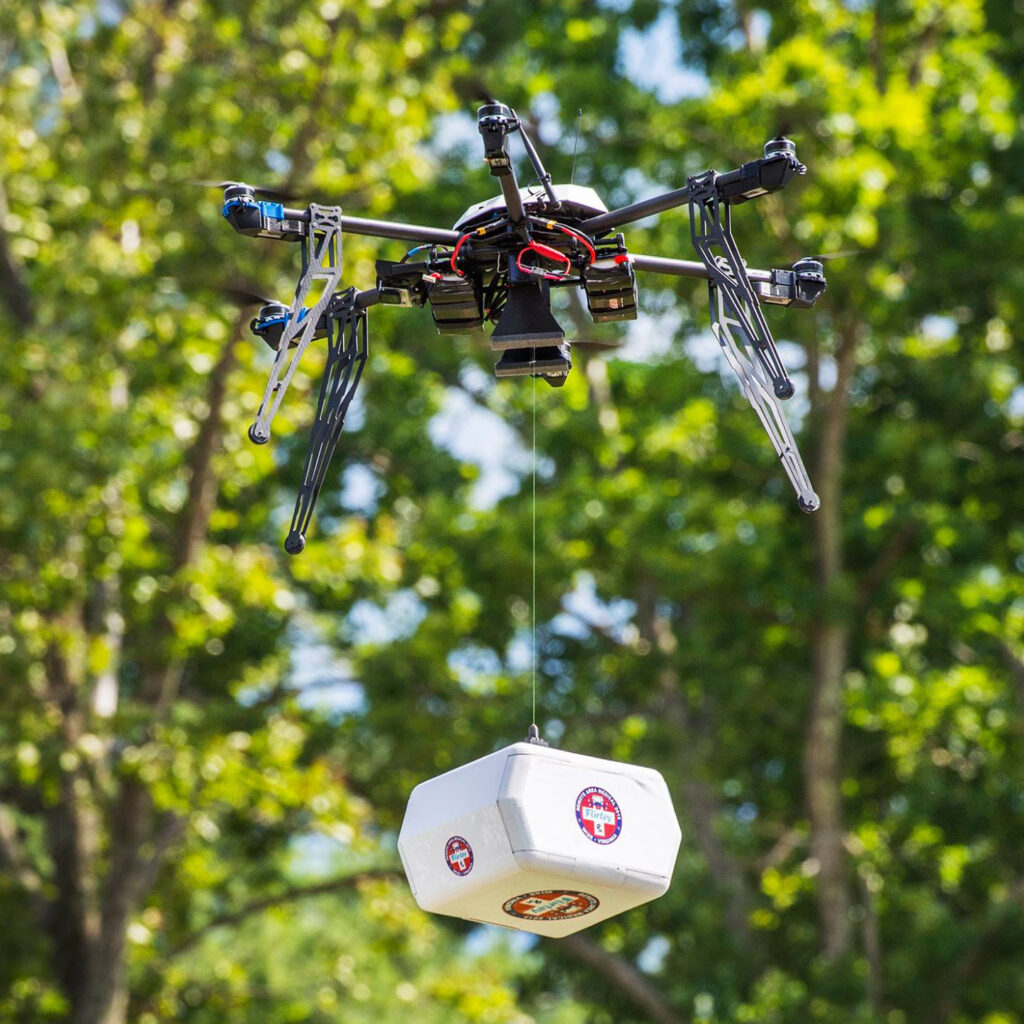
First FAA-Approved Drone Delivery in the U.S.
In 2015, the Health Wagon partnered with Australian company Flirtey, the NASA Langley Research Center, and others to deliver much-needed medications by drone to the Remote Area Medical (RAM) outreach clinic in Wise, Va. The drone picked up medications at the Lonesome Pine Airport and delivered them to pharmacists on the ground at the RAM event to be distributed to patients, making multiple trips throughout the day.
This event set the groundwork for drone delivery of medications throughout the country while demonstrating the out-of-the-box thinking the Health Wagon has used from day 1 to provide health care to the rural residents of our region. The drone now resides at the Smithsonian National Air and Space Museum.
